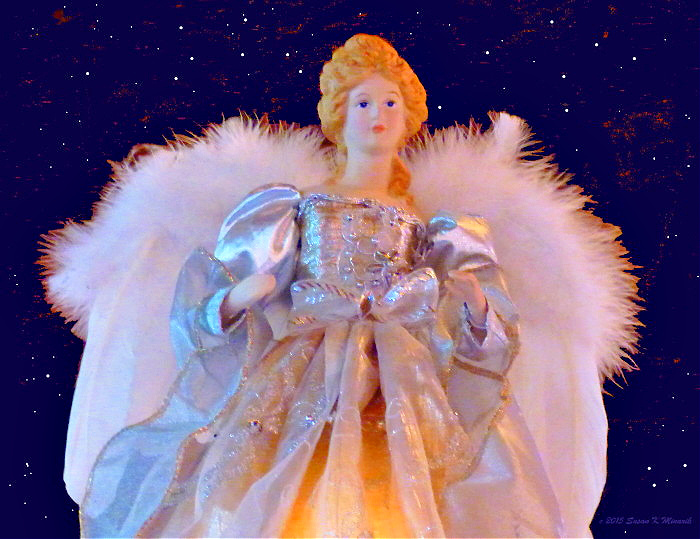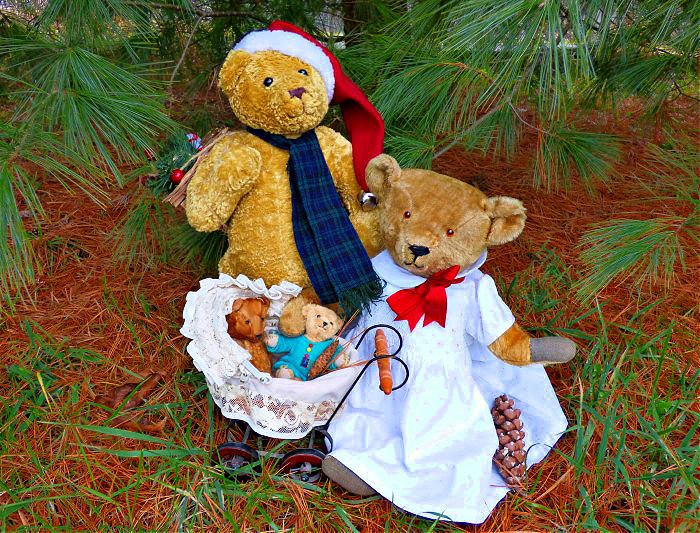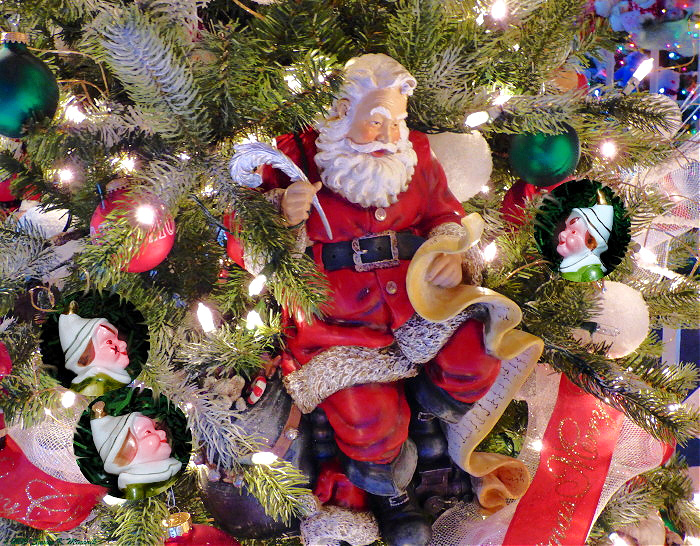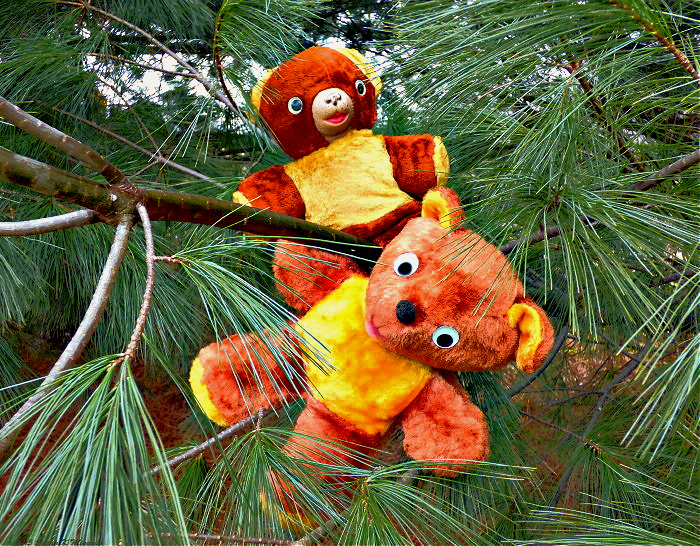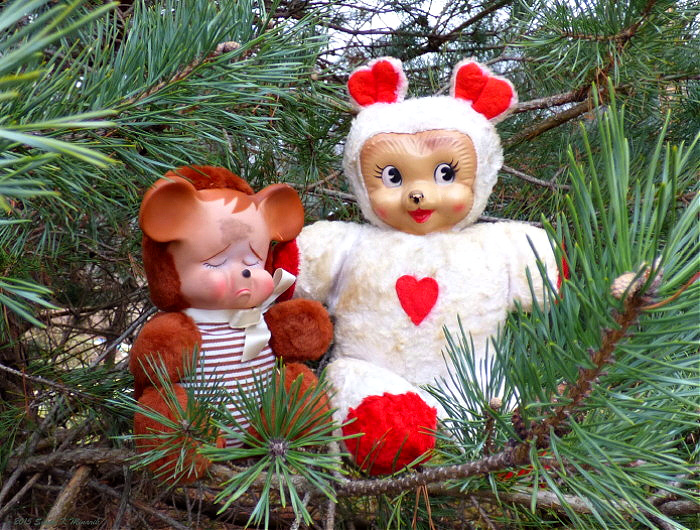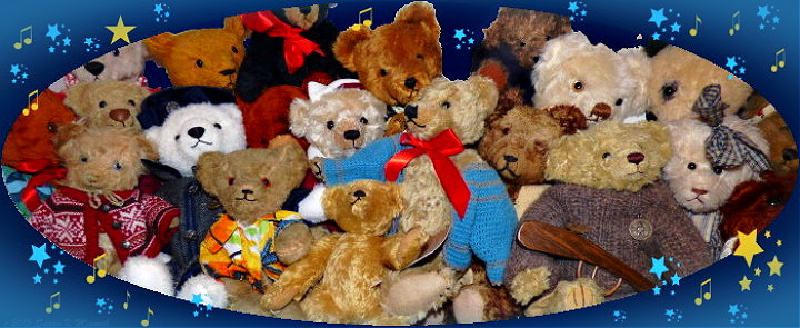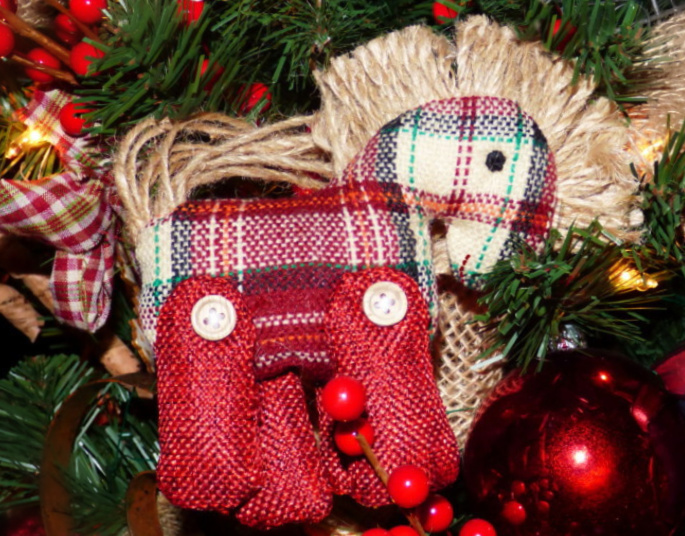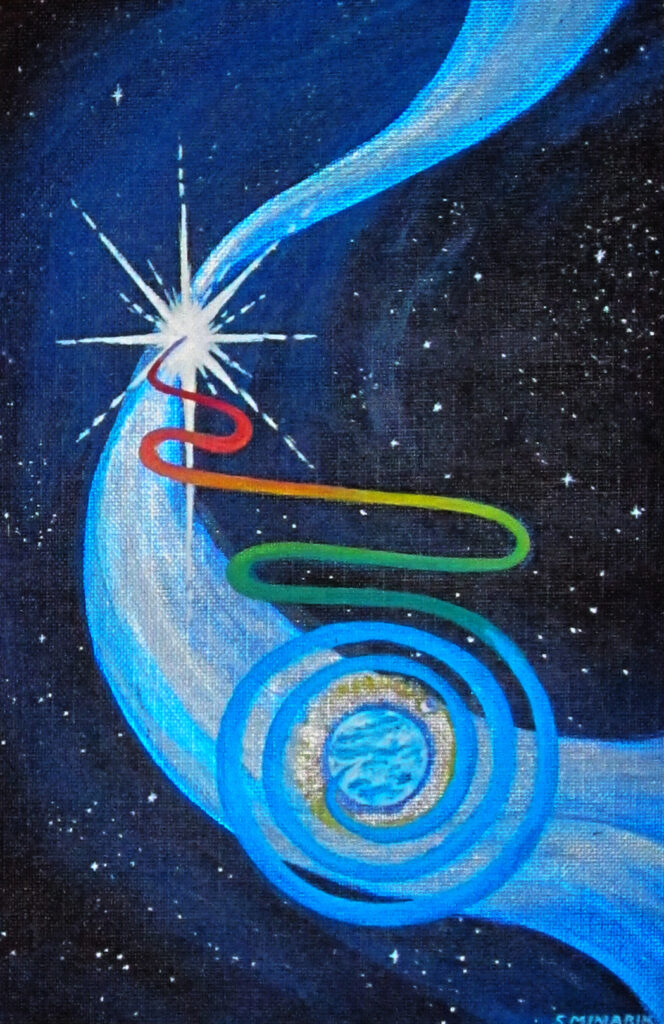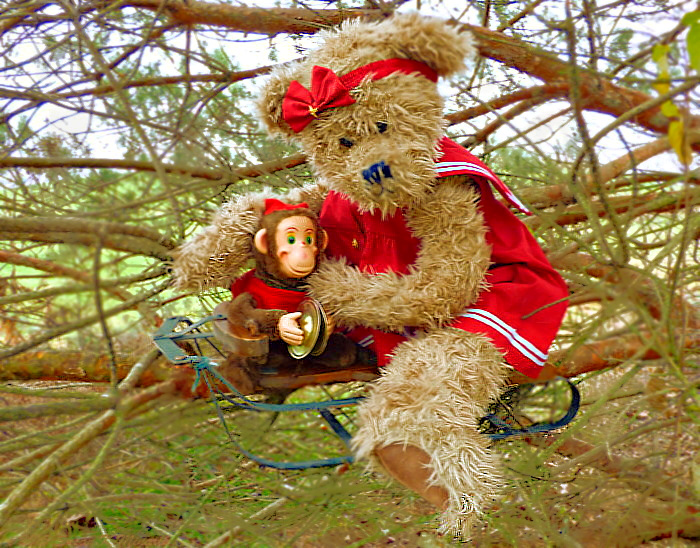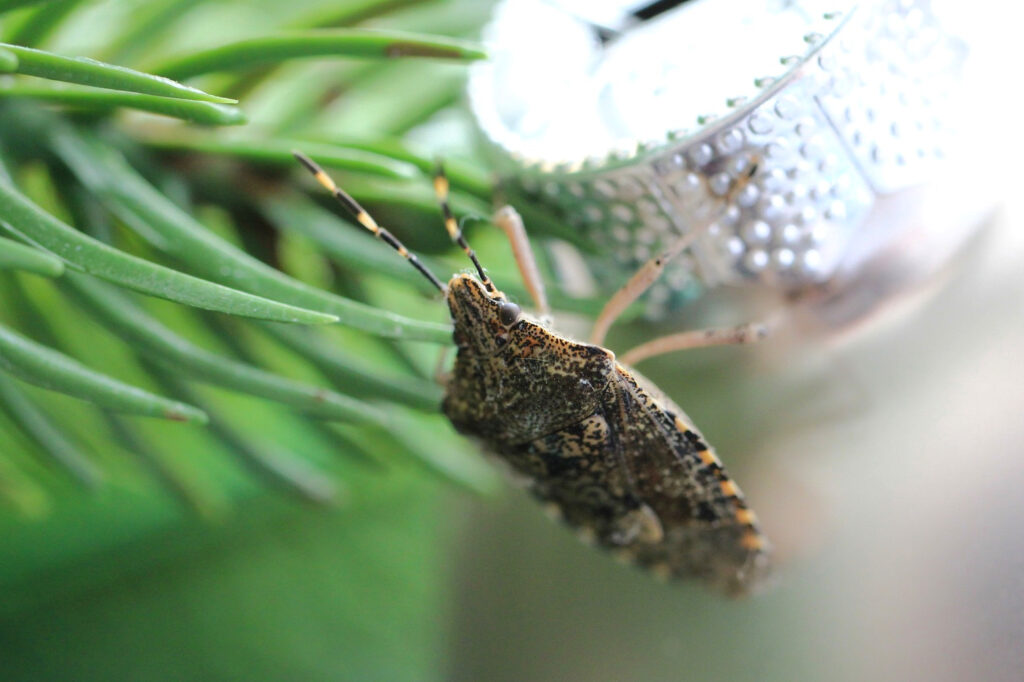
“I pretty much hate everything at this point!” Those were the words a childhood friend posted on Facebook last night. Earlier in the day, I had flashed back to a scene from my days at the clinic and saw the faces of the staff this time of year. They all looked so tired. The season comes with so many demands on our resources and time and so many tugs on our emotions.
I rarely comment on posts at Facebook. I visit once a day to post one of my nature photographs. I figure it gives my friends a brief respite from their cares. But these words were from a childhood pal, and I couldn’t help but respond. “It’s the Bah-Humbug Bug,” I told her. “It’s going around. But just you wait. In a little while, when you least expect it, a beautiful whisper of peace will float in.”
I didn’t say it as a hope or a wish. It was a statement born of my many, many years of experience with this holiday phenomena. The stress of it, whatever shape it takes, eventually peaks, and an unexpected peace sets in. Maybe because we’re too worn out to hold up any barriers to it anymore, I don’t know. I just know that a moment comes around this time of year when you’re blessed with the knowing that everything is okay, maybe perfect, just as it is.
I don’t know if you’ve been following the Little Pine story I’ve been posting here, a small chapter a day since the month began. But I think today’s chapter is relevant and worth sharing, even if you’ve already read it online. So here it is, my Christmas present to you. Sink into a quiet space for a moment, and enjoy . . .
By the time Little Pine finished sharing his day’s adventures with his mother over supper, his eyelids were drooping. “You’ve had quite a day, Little Pine,” his mother said. “In fact, your days have been full of amazing happenings since the Festival season began. Your young mind must be working hard to understand all the things you have experienced.”
“That’s for sure,” yawned Little Pine. “All those bears and their stories, the choir music, the hugs, and then meeting the real Santa Claus and having him name me ‘Prince Little Pine, Ambassador of Friendship.’” Little Pine rubbed his eyes and yawned again. “I mean, it’s been wonderful. But it’s something else, too. I don’t know the word for it, but it sort of freezes up my brain.”
Mother Pine rubbed Little Pine’s back and said, “I think the word is ‘overwhelmed.’ But don’t worry. You’ll get it all sorted out in time. And you’ll have wonderful memories to enjoy.” She picked up his empty soup bowl and said, “Why don’t you go to bed early tonight. Sleep is often the best remedy when our brains are working to put things in place.”
Little Pine didn’t argue with her suggestion at all. He washed up and settled in for a good night’s sleep with his mother’s kiss on his forehead and her wish for sweet dreams in his heart.
He fell asleep right away. At first he dreamed a dream where all the week’s images danced like pieces of a jigsaw puzzle. But then he drifted away into a beautiful starlit silence, filled with nothing but a deep feeling of peace. If you could have seen him then, you would have noticed a soft, sweet smile on his face.
He had been floating through the velvety peace for quite some time when a glow began to fill the space. It grew brighter and soon, in his sleep, he was seeing the vision of a beautiful angel. “Greetings, Little Pine,” she said. “I am an angel of Peace and Joy, and I bring a message from the Yes to you. This message is for your heart, which is pure and full of love. Do not be concerned whether your mind remembers or understands it. Your heart will know its meaning and be at ease.”
And with that introduction, the Angel of Peace and Joy spoke these words:
“This peace you feel is the breath of the Yes,
holding your sorrows and your joys
in balanced measure, enfolding them both
in Its love. And the Light whose return
you celebrate on your Festival Day–
although, in truth, it has never left you–
is the breathing of the Sun behind the sun,
an emissary of the Yes, fostering Life
in every form and place and season
in the unspeakable name of the Yes
and through Its infinite love.
And here, in these woods,
you, too, are an emissary of love,
bringing joy to everyone you meet.
And so, I bring you peace.
For you, too, are of the breathing
of the Yes, and deeply loved.
May peace and joy dwell in your heart forever.”
And then the angel faded into the night sky, and Little Pine slept in its velvety, star-sparkled peace. And when he awoke in the morning, his heart was filled with contentment and joy.
Warmly,
Susan
